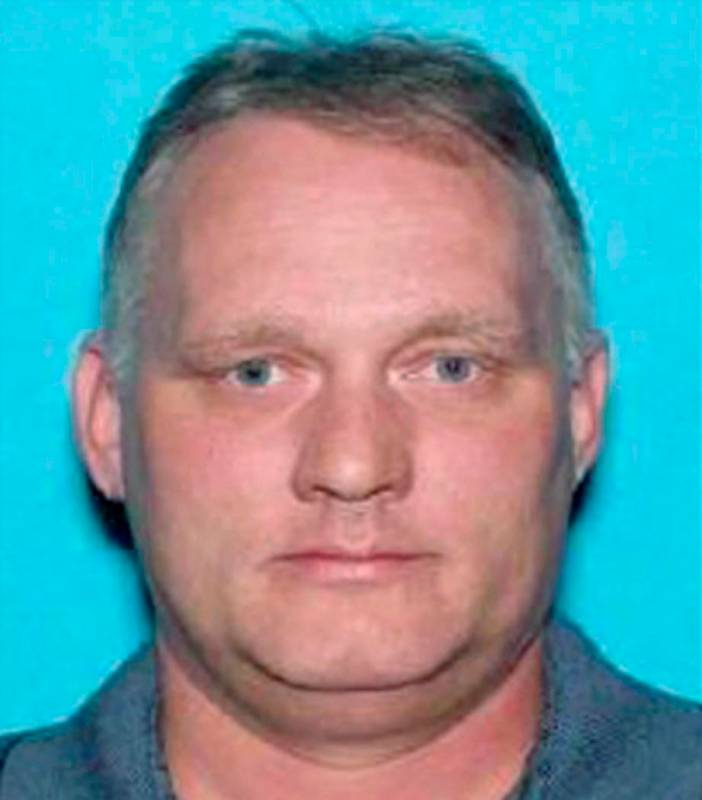Feds pursue death penalty in Pittsburgh synagogue massacre

A man charged with killing 11 people in a Pittsburgh synagogue should face the death penalty if convicted, federal prosecutors said in a court filing Monday.
The U.S. attorney’s office in Pittsburgh filed a notice of intent to seek the death penalty against 46-year-old Robert Bowers in last year’s attack.
The government filing said justification for a death sentence included allegations of substantial planning and premeditation, the vulnerability and number of victims, and a motivation of religious hostility.
It also listed the injury, harm and loss caused to the victims and the choice of the Tree of Life synagogue as the site of the attack.
The notice accused Bowers of targeting the worshippers “in order to maximize the devastation, amplify the harm of his crimes, and instill fear within the local, national and international Jewish communities.”
Bowers has pleaded not guilty and awaits trial. His lawyers did not return messages seeking comment. A spokeswoman for U.S. Attorney Scott Brady declined to discuss the filing.
Prosecutors wrote that the death penalty will be justified if Bowers is convicted of obstruction of free exercise of religious beliefs resulting in death or of using a gun to commit a crime of violence.
Bowers is accused of using an AR-15 rifle and other weapons to target worshippers in the Tree of Life synagogue during Saturday morning services in October. Seven people were also wounded, including five police officers.
Police have said he expressed hatred of Jews during and after what was the deadliest attack on Jews in U.S. history.
Shortly after the shootings, before Bowers was publicly identified as the suspect, President Donald Trump said the perpetrator should “suffer the ultimate price.”
“I think they should very much bring the death penalty into vogue,” Trump told reporters in October. “Anybody that does a thing like this to innocent people that are in temple or in church. We had so many incidents with churches. They should really suffer the ultimate price.”
Two weeks ago, prosecutors and defense attorneys agreed to a 120-day extension in the case.